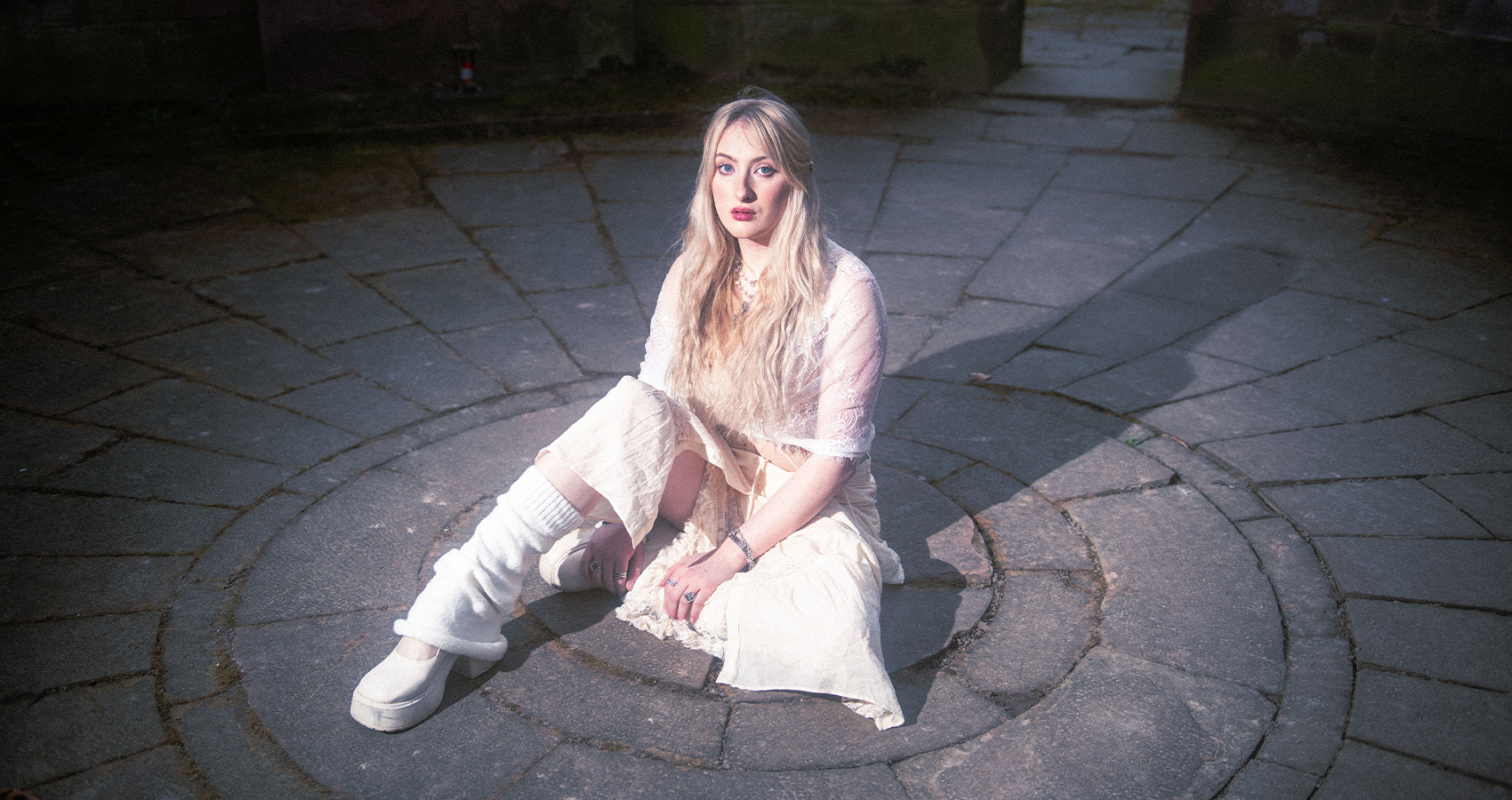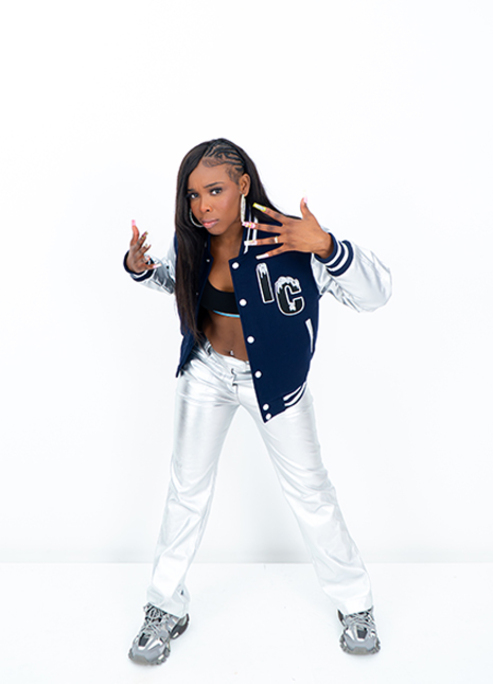PHEA On "Chronic Broken Heart": Making Obstacles Into Music
Finding strength in vulnerability through power and sound.
With a new single poised to drop and a personal health milestone just behind, the artist behind Chronic Broken Heart invites us into an intimate space, where emotion isn’t masked, but molded. Co-produced with the legendary Melbeatz, the track’s raw core was forged between Berlin studio nights and hometown reflection. “It felt effortless,” they say, “because the feeling was so present.” That emotional immediacy runs through every beat, tracing the outline of an artist who doesn’t just survive chronic illness, they translate it.
Hypertrophic Cardiomyopathy has always been more than a diagnosis — it's a creative compass. While others struggle to define a sound, they create out of necessity. We had the wonderful opportunity to sit down with PHEA:
Your new single "Chronic Broken Heart" is co-produced with Melbeatz, and it feels like a vulnerable but empowered statement. What did the creative process look like, and how did you two shape the emotional core of the track together?
Working with Mel felt completely intuitive. We were preparing to travel to LA for a project so we already knew each other creatively. Chronic Broken Heart was an idea we came up with together in Berlin. She started building this beat on some synthesizers we had programmed and then the first lyrics came quick. That part ended up becoming the verse. Only later, while I was traveling back to my hometown, the pre and the chorus came together. Looking back, it seemed like an effortless process, drawn from a very real and present emotion I was feeling at the time.
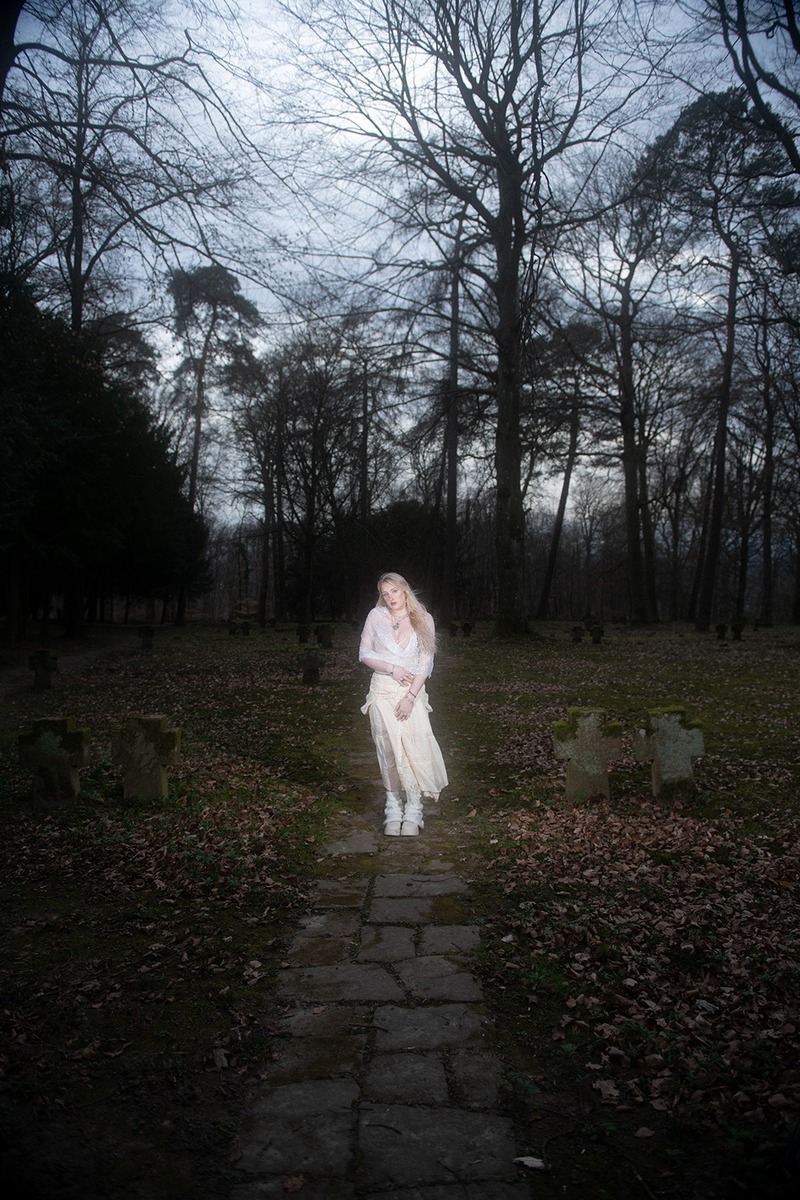
You’ve been open about living with Hypertrophic Cardiomyopathy since childhood—a reality that would shift anyone’s world. How do your personal experiences with chronic illness shape not only your lyrics but your entire approach to being an artist?
I think it gives me a lot of freedom. Since I am a producer, I work with a lot of different artists every month. I always notice how difficult it can be to find an identity as an artist or how hard it is not to compare your art to others. I don’t have that. I create my music in a way that embodies what I need to say to be able to cope. And nobody can tell me how it should sound to create a song about dealing with my illness. I think it gives me the freedom to only create purely for myself.
From "Healing Hearts" to now, your music has become a space for processing trauma, grief, and transformation. What part of your healing has surprised you the most in the act of creating music?
I think it is that I figured out that there is something more important than “fully healing” when you want to find peace. For me, it is to accept the trauma and wounds or scars I have. And also accept that they will probably open up or have to be opened up again at some point. But I know I have this, writing, and producing and it has helped me through it once, so it can help me through it again.
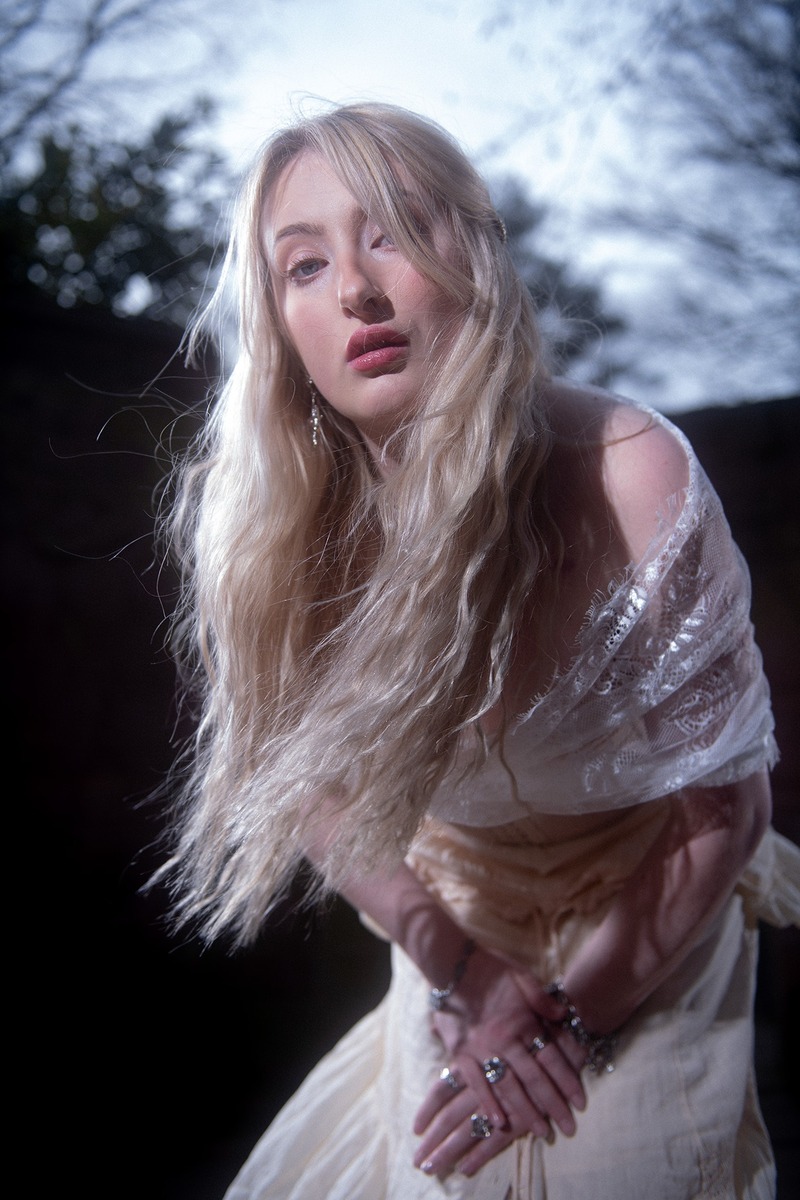
The title "Chronic Broken Heart" alone is so evocative—how do you personally define the difference between physical heartbreak and emotional heartbreak, and how do you navigate both in your work?
I actually believe there are more similarities than differences. Having an illness, and in my case, a chronic heart condition, emotionally has parallels to going through a really tough breakup. Because I do dream and imagine all the things I could do with a healthy heart. And I know that a lot of those will never happen for me. So in a way, it is grieving the possibility of something you can’t have. Very much like when you grieve a life with someone you are not together with anymore, or you’ve lost.
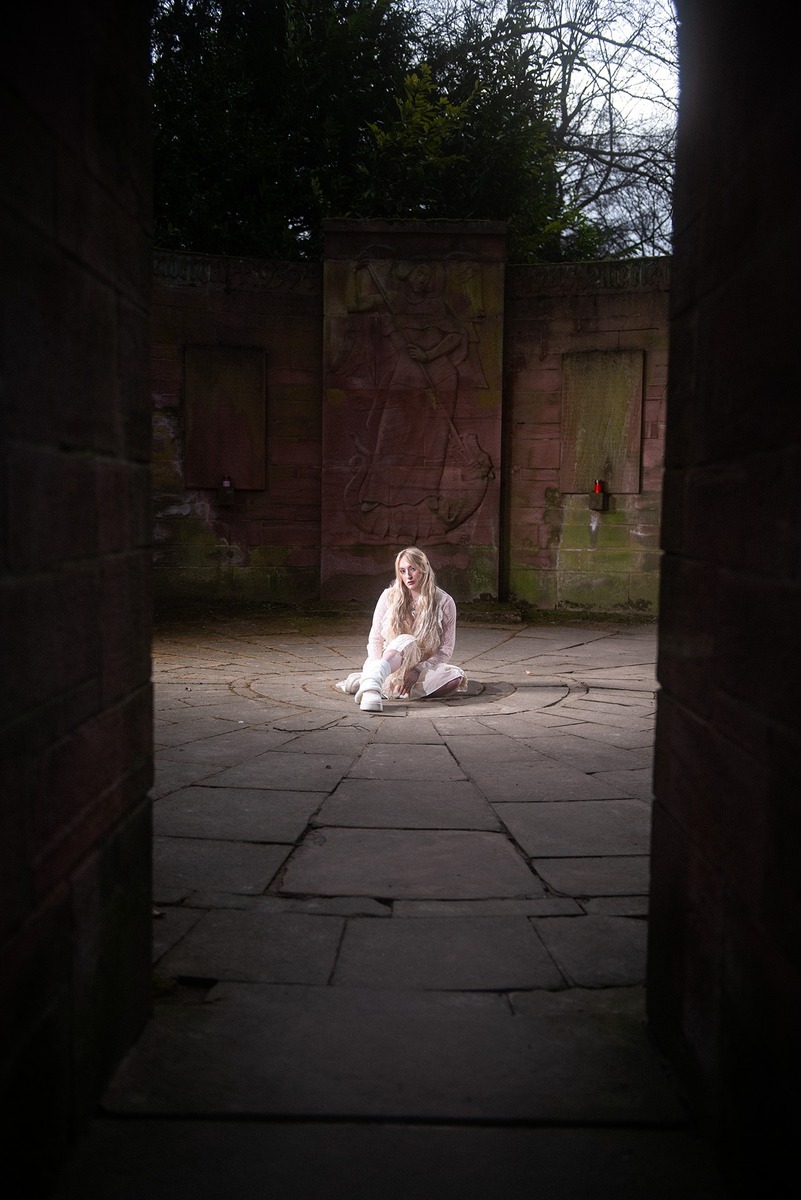
You’ve said your ICD makes you feel both protected and alienated. Has music given you language for things the body can’t express?
I don’t have my ICD currently. After some complications with the device and 16 years of not having arrhythmias, it got removed. Sadly, I did end up developing episodes of Atrial Fibrillation shortly after it got removed. I am currently looking at it from the other side, with a choice of getting another device for preventive measures,which I hadn’t really been given when I was 10 and got my first implant. It’s a hard thing to navigate because doctors are torn between whether I need one or not. I think that will definitely be something I’ll only really process and express through music at some point.
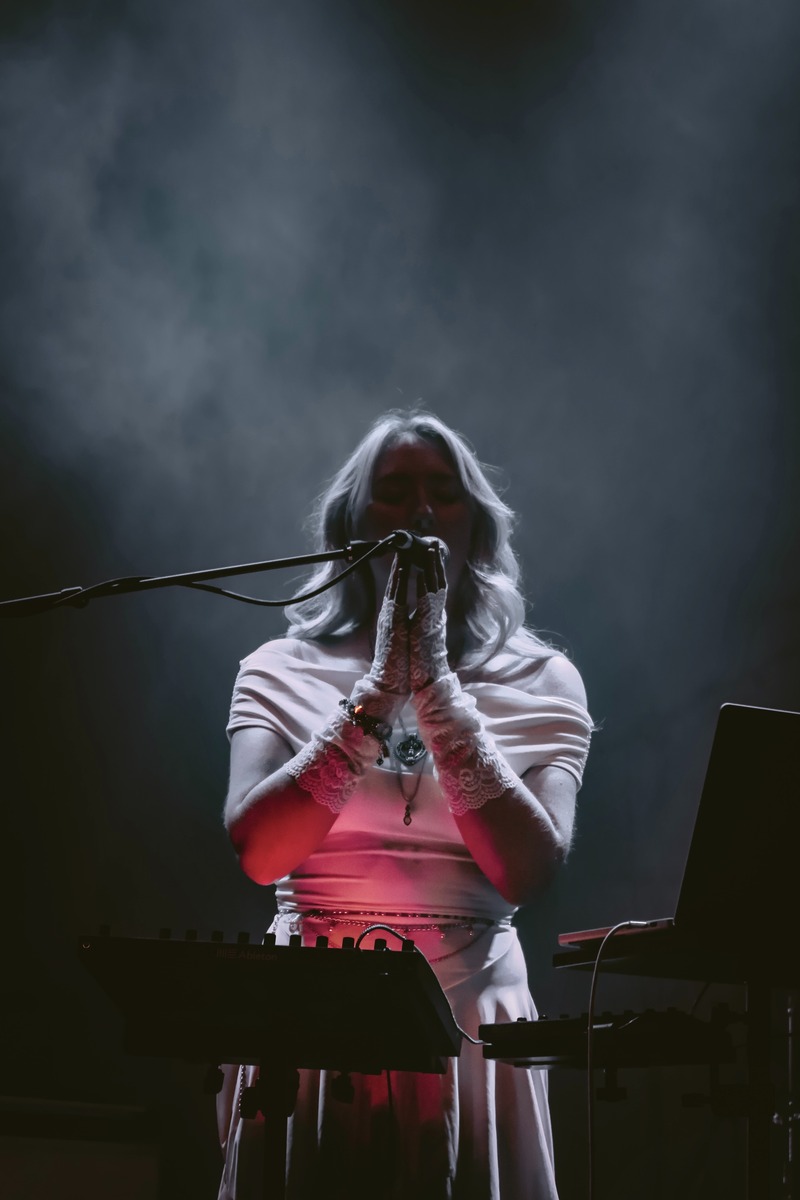
You’ve got surgery coming up in May. How are you managing this intense duality—prepping to release a deeply personal track while simultaneously preparing for a major health moment?
Currently, I have just had my Ablation three days ago. Which is also why I am only answering these questions now :) It can be very challenging to talk about my music at times when I am actually reliving those worries and emotions I put specifically in this track. It is about the feeling of being a burden to someone because of my illness. And being afraid they will leave when they see how intense it can be. But I did write the track almost one and a half years ago, and I am still with the same person I wrote it about. So I think it is safe to say that having someone supportive, who proved those worries wrong, helps me manage and stay positive.
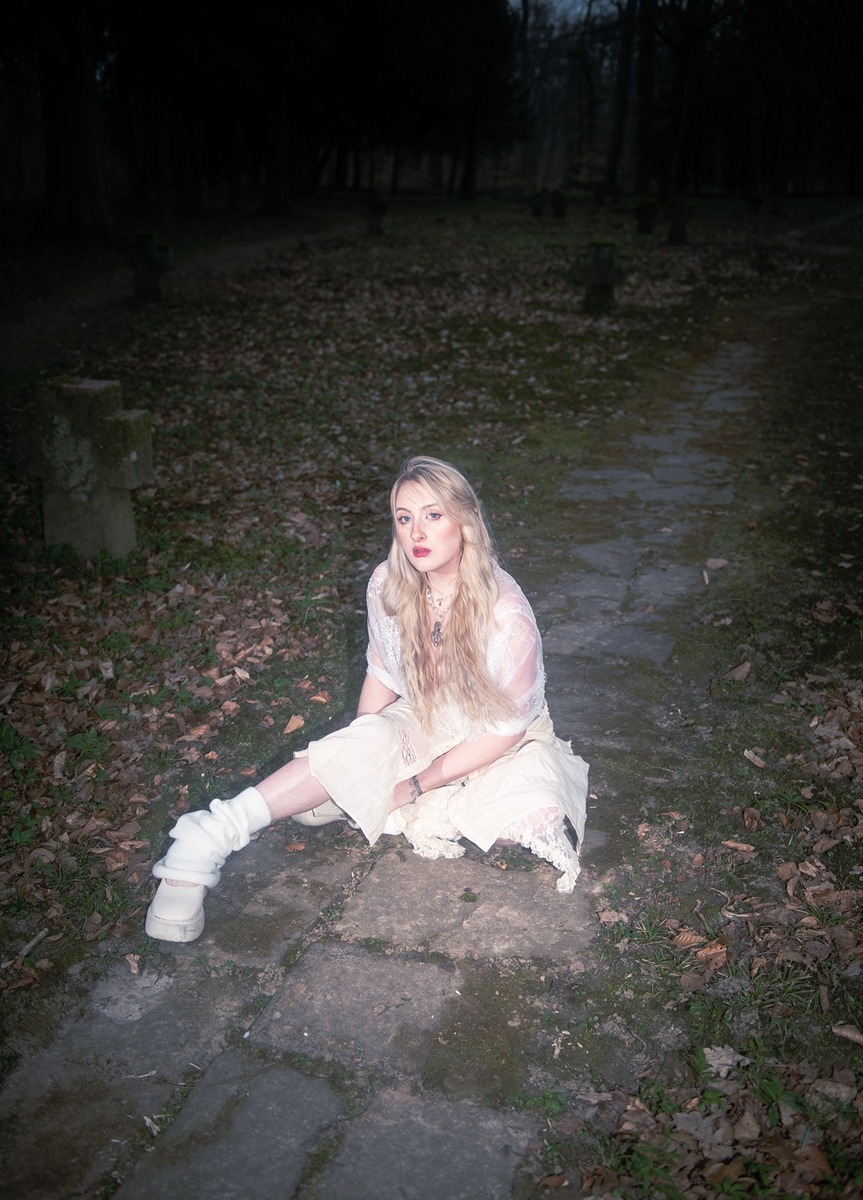
Your track “When I’m Falling” was inspired by Mac Miller’s Circles. Are there other artists—past or present—you turn to when you need to feel understood?
I actually am going to the Billie Eilish concert in Berlin tonight. And she definitely has inspired me. I love the amount of emotion she can convey through her voice but mostly I really love when people write about dark, overwhelming, or very honest moments and turn them into something beautiful by creating art. Her music is so raw and I think that’s why it speaks to a lot of people. Finneas Eilish has inspired me in the same way but even more so when it comes to working as a producer. He was the first person I heard of labeled a “bedroom producer,” and it really inspired me to pick up production when I was starting off.
You once said your goal is to turn weakness into strength. What does that look like now—in 2025—for you? Has the definition of “strength” shifted?
It definitely has shifted. When I put out my first EP, I was processing dealing with a lot of emotions I had from when I was younger. I didn’t know that the years following I would have to go through a lot of surgeries and experiences reliving most of my fears. Now I think I found more importance in being resilient than being strong.
Lastly, with “Chronic Broken Heart” just days away and your community behind you, what’s one thing you want to say to listeners who might feel like their pain or story doesn’t belong in the light?
Talking about trauma, which essentially is pain, takes time. And it shouldn’t be something that is rushed. Because it is something that can be perceived in many ways by others. But for me, wanting to share my story started off by realizing how it could help to create awareness for this very rare heart condition. I was always told Hypertrophic Cardiomyopathy is especially fatal because it isn't easily diagnosed. And taking that step, going to the doctor when you think something could be wrong, is a scary experience. So I felt maybe sharing my story and how I am able to live quite normally with good treatment could inspire others, just as others' stories of resilience inspire me.
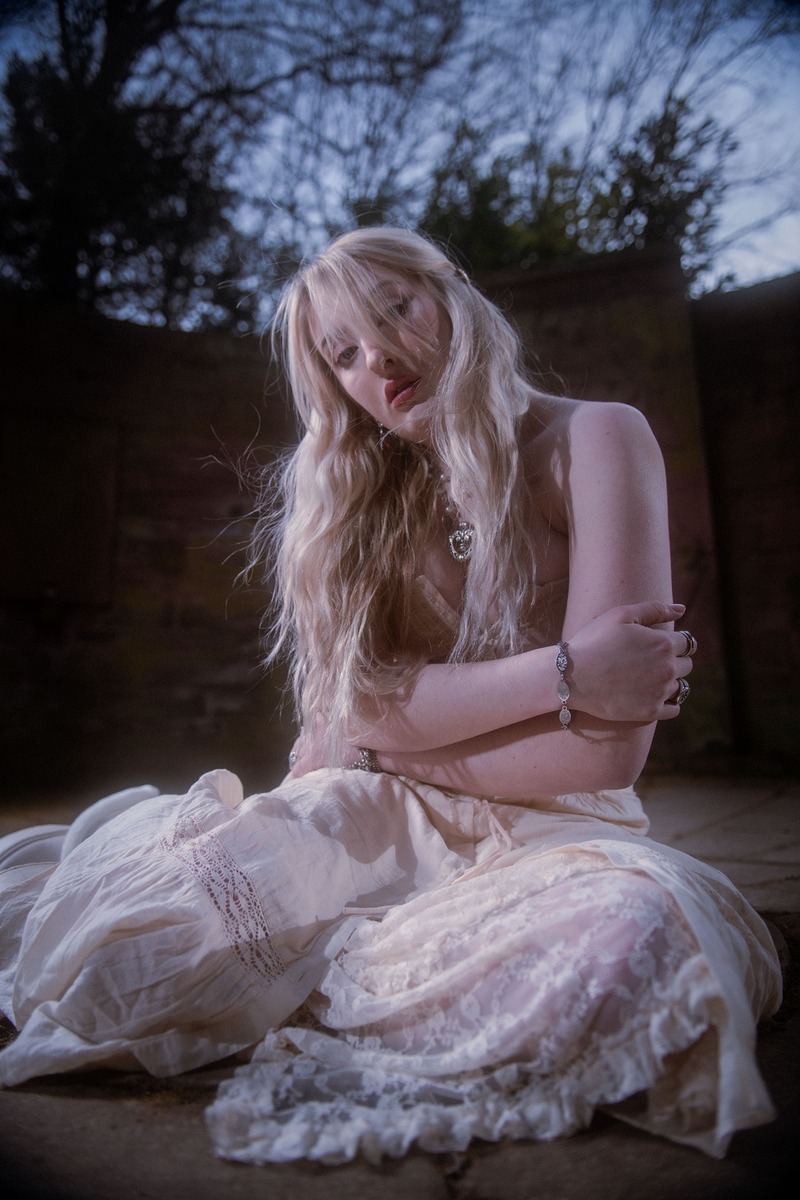
As “Chronic Broken Heart” nears its release, PHEA stands not just as a producer or vocalist, but as a storyteller—one who transforms vulnerability into resonance, and pain into permission. Permission to feel, to speak, to stay soft in a world that often demands resilience in silence. Through sound, she’s crafted more than music—she’s made a space. A space where scars are seen, softness is strength, and the heart, however broken, beats with purpose.



